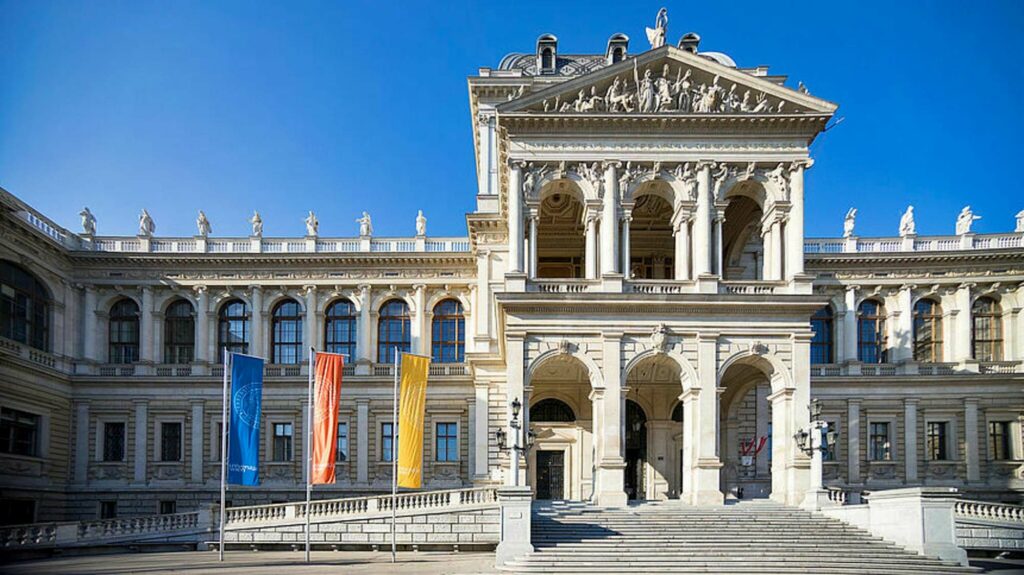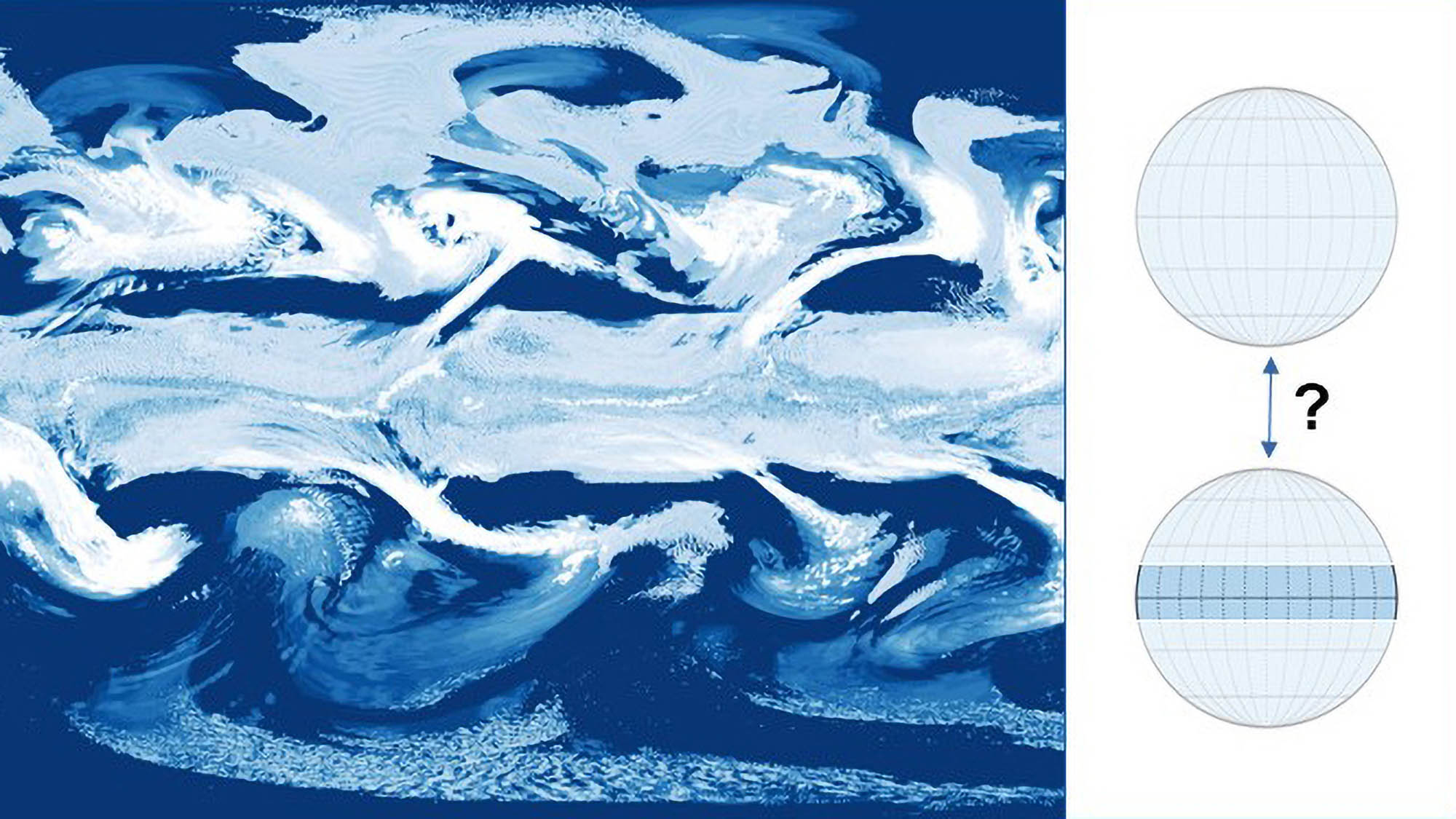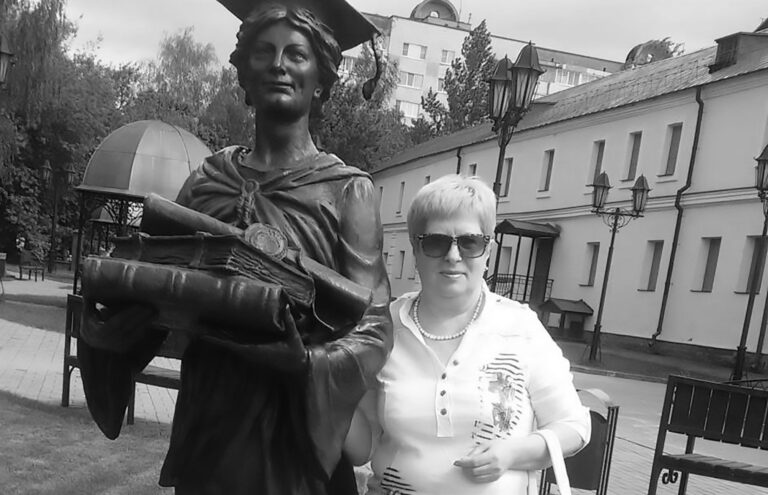A long-standing theory that an equatorial belt of warm water fostered life during the earth’s Ice Age has been dismissed by a new study.
New findings by scientists from Vienna University and the Institute of Technology in Karlsruhe (KIT), Germany, show that the hotspot almost certainly never existed.
It has long been argued that unfrozen equatorial waters could have preserved multi-cellular life like sponges while the rest of the world was frozen.
The Cryogenian era is a geologic period that lasted from 720 to 635 million years ago.
The research groups in Vienna and Karlsruhe analysed several global weather models for this period.
Study author Christoph Braun said: “We were surprised to find out that the model which suggests the existence of a water belt turned out to be anything but robust.”
These findings undermine the theory of the existence of such a belt of water during the Earth’s icehouse climate during this period.

(Universitat Wien, Аlex Schuppich/Newsflash)
Experts from Vienna University’s Meteorology and Geophysics department cooperated with the KIT in establishing the examination.
Their study appears to confirm the so-called Snowball Earth hypothesis.
It suggests that, during one or more of Earth’s icehouse climates sometime before 650 million years ago, the planet’s surface became entirely or nearly entirely frozen.
Opponents of the hypothesis think that the Earth was instead a ‘slushball’, with a thin equatorial band of water.
The University of Vienna is the biggest public research institution in Austria. Founded in 1365, it is the oldest university in the German-speaking world.
Vienna University was listed 137th in this year’s Times Higher Education World University Rankings, up from 164th position in 2021.
The Karlsruhe Institute of Technology (KIT) is a public research university in the German State of Baden-Wuerttemberg. It was established in 2009 when Karlsruhe University merged with the Karlsruhe Research Center.
To find out more about the author, editor or agency that supplied this story – please click below.
Story By: Thomas Hochwarter, Sub-Editor: Marija Stojkoska, Agency: Newsflash
The Ananova page is created by and dedicated to professional, independent freelance journalists. It is a place for us to showcase our work. When our news is sold to our media partners, we will include the link here.




